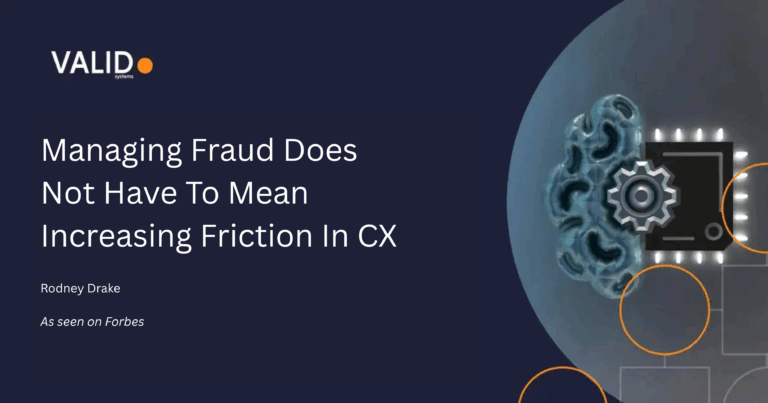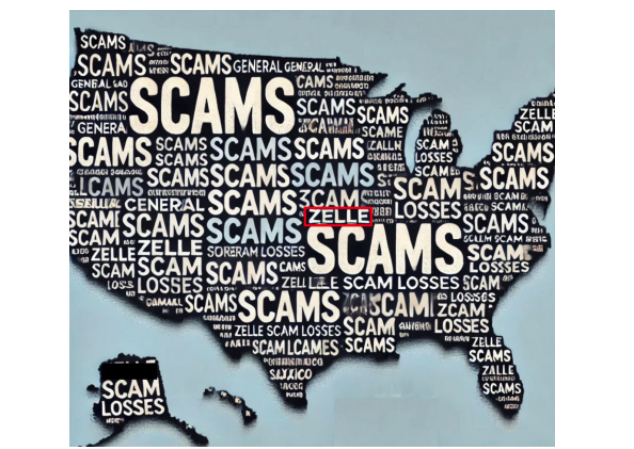Articles
Managing Check Fraud Without Increasing Friction In CX
Fraud, CX, and the Silent Cost of Speed The digital acceleration of banking has delivered on its promise: faster, more convenient financial experiences. But convenience without control is a false victory. When speed introduces risk, it creates a silent churn in customer trust—and an explosion in fraud exposure. We’re long past the...
Thailand Enacts Comprehensive Legislation to Combat Technology-Related Crimes
On April 13, 2025, Thailand officially implemented the Emergency Decree on Measures for the Prevention and Suppression of Technology Crimes (No. 2), B.E. 2568 (2025). This legislation establishes a comprehensive framework aimed at tackling the rising threat of online scams and cyber fraud. It emphasizes shared responsibility among financial institutions, telecommunications providers,...
The Identity You Carry in Your Pocket: Why Mobile Numbers Matter More Than Ever
What Is a Mobile Number, Really?What is a mobile phone number? This may initially seem a silly question, but the answer may be more complex than you first think. We all know what one looks like. In the UK, where I’m based, it’s an 11-digit number starting with 07. In the US,...
Investment, Acquisitions & IPO’s – Q1 2025
The first quarter is in the books, time for our investment roundup! Dive into the newest funding deals and acquisitions shaping the fraud and risk landscape. Funding ID.Me Digital identity‑wallet provider ID.me has landed a $275 million credit facility from Ares Management, and Ares plans to follow up with a sizeable equity stake....
Fraud and Scams: Top 5 Must-Read Books
In today's digital age, fraud and scams have become increasingly sophisticated, making it essential to stay informed and vigilant. Whether you're a financial expert, a business owner, or simply a consumer, understanding the tactics and strategies used by scammers can help you protect yourself and your assets. Here are 5 must-reads about...
Fraud in the Wild: The Strangest Cases You Should Know
Fraudsters are nothing if not creative. Over the years, they’ve devised schemes so unusual that they belong in a YouTube skit. But behind the humour and audacity of these cases lies a serious lesson for businesses: creativity in fraud prevention is just as important as detecting the obvious threats. Case 1: Gregor...
Investment, Acquisitions & IPO’s – Q4 2024
Q4 has wrapped up! It's time for our quarterly investment update. Explore the latest funding rounds and acquisitions in the world of fraud and risk mitigation! Funding Reality Defender The expanded Series A financing came from Illuminate Financial, Booz Allen Ventures, IBM Ventures, the Jeffries Family Office, Accenture, DCVC, and The Partnership...
Consumer Financial Protection Bureau: Zelle Lawsuit is the Wrong Focus
On December 20, 2024, the Consumer Financial Protection Bureau (CFPB) filed a lawsuit against three major US banks and Early Warning Services (EWS), the operator of Zelle. The CFPB said they filed the lawsuit against the three banks and EWS “for failing to protect consumers from widespread fraud”…”without implementing effective consumer safeguards”. The...
Holiday Scams Through the Years: Generic Phishing to Gen AI
The holiday season, a time of joy and generosity, has also become a prime hunting ground for scammers. With global online shopping skyrocketing and billions of dollars exchanging hands, fraudsters have seized the opportunity to exploit vulnerabilities. For example, in 2023, online holiday scams cost consumers an estimated $3.5 billion globally. This...









